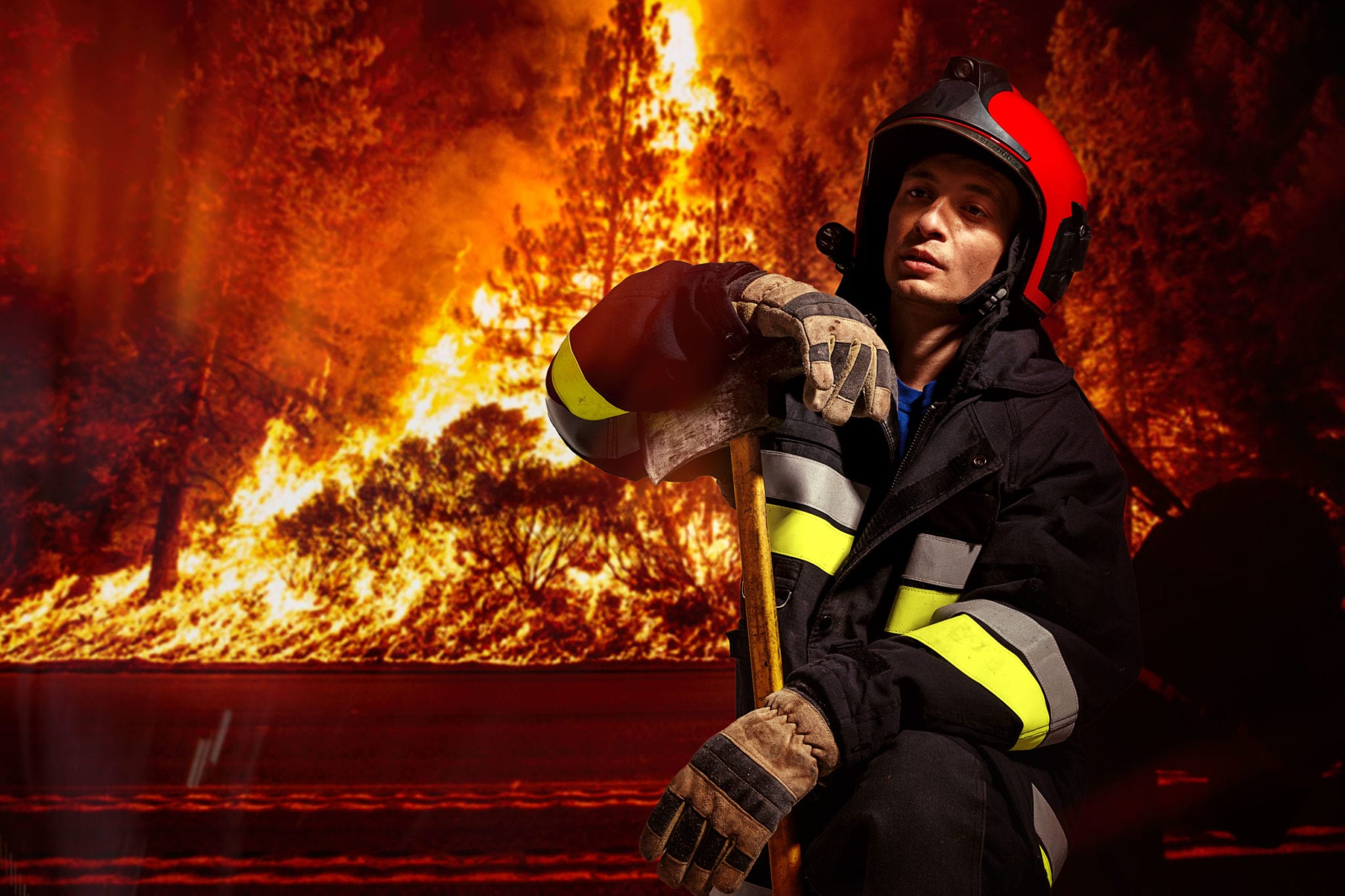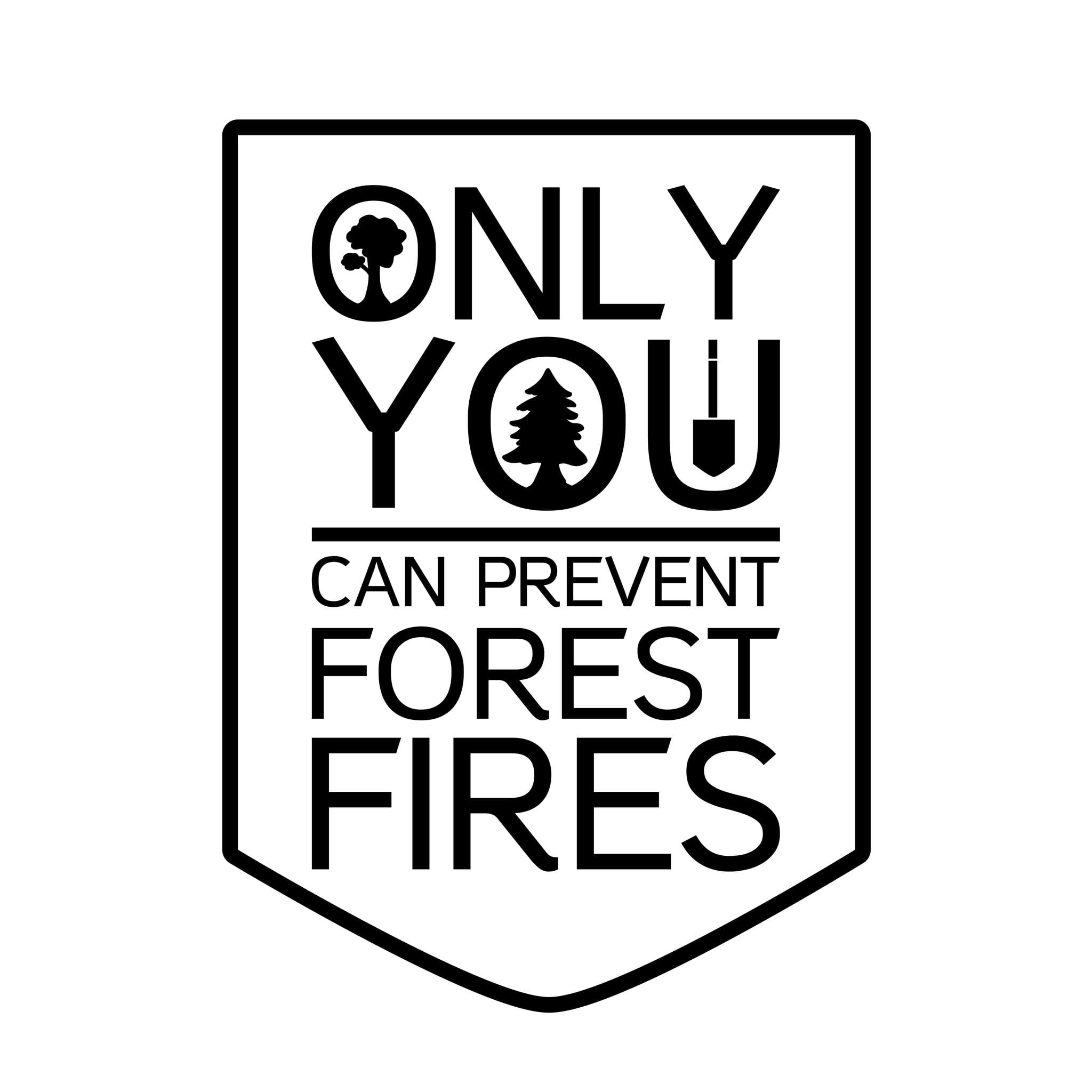When you read a story about arson charges, the last people you expect to see behind bars are the men and women in charge of putting out fires.
Still, that’s what happened in Robeson County. Ten volunteer firefighters have been charged with arson after a year-long investigation into suspicious fires around the woods and abandoned structures.
This surprisingly isn’t the first time that North Carolina firefighters have faced arson accusations. In 2012, five junior volunteer firefighters were charged after lighting up fires “out of boredom.” While no one has been hurt due to the fires set by volunteer firefighters, the damage has cost taxpayers quite a bit of cash.
Just goes to show you, no matter who sets the fire, in North Carolina, arson is a felony crime. Learn about these charges, how law enforcement officers investigate fires, and what you can do to put out fires and avoid the police knocking on your door.
Arson Charges in North Carolina
Specific charges vary based on the type of building burned, intentions behind setting it ablaze, and whether or not people live there. That said, all arson charges are felony crimes, which means a conviction will take away a number of privileges and rights.
So how exactly can NC authorities figure out who is responsible?
First, by looking for its origin. Asking questions — Where did it start? Was it a specific spot in the woods, a home, or somewhere else? — and investigating the space, they can use burn patterns to trace back to the fire’s exact point of origin.
Once they’ve discovered the where, they will try to figure out the how and why. If natural causes likely caused the fire, the case is put to rest. On the other hand, if they believe a person’s actions, like failing to put out a campfire or starting a fire in a highly dangerous area, then it’s time to dig deeper and potentially make arrests.
The most serious arson charge, Arson in the First Degree, is a class D felony. Penalties for this crime include 28-160 months (that’s over 2-13 years) in prison.
Fire Safety : How to Prevent NC Wildfires (And Arson Charges)
Most likely, a person’s actions do cause large wildfires that can devastate forests and potentially reach homes. A whopping 90% of wildfires in the United States are caused by people. Only 10% can be attributed to natural causes (lightning and lava.)
If you plan on camping this summer, know how to safely set up a campfire and completely put it out when you leave the area. Campfires may look like they have died down, but even one ember can be picked up by the wind and cause a raging wildfire.
Can I Light a Campfire In the First Place?
Before you light a campfire, know whether or not you can. North Carolina has issued an open burning ban throughout 18 counties that was effective starting May 2019. Campfires are considered “open burning.” If you go camping in any of the affected counties, you can cook with a portable gas stove, but you won’t be roasting marshmallows.
Campfires within 100 feet of your home, however, may be allowed. Check with your local county to learn what types of burning is allowed on your property.
Tips for Putting Out a Fire
If you are in an area of the state where you can light a campfire, learn how to properly set it up and put it out.
Access to Water
Before you set up the campfire, make sure you have access to water nearby. Keep a shovel handy in case you run out of water or need to use dirt to put out the flames.
Clear Your Pit and Surrounding Area
Clear out any leaves, sticks, or flammable material before you light the fire. Set up the fire on a flat, contained area free of stumps, grass, or litter that could catch flame. A simple breeze could turn a campfire into a wildfire.
Use Water and Soil as Extinguishers
When you are finished with the fire, use your water to extinguish the flames. Add soil on top and mix the dirt thoroughly to put out any loose embers.
Stay Until It’s Cool
Once you think you have mixed enough water and soil into the area, feel it with your hands. If things are too hot, stay by the fire until it has cooled down. Add more water and soil, just in case.
Always Make a Final Sweep
Take one last look for any loose embers before you head to your tent or leave the area.
Stay safe this summer! Put out your campfires to avoid fires from spreading and potentially getting hit with arson charges. If you have been charged with arson, reach out to a North Carolina defense lawyer for more information on fighting back.










